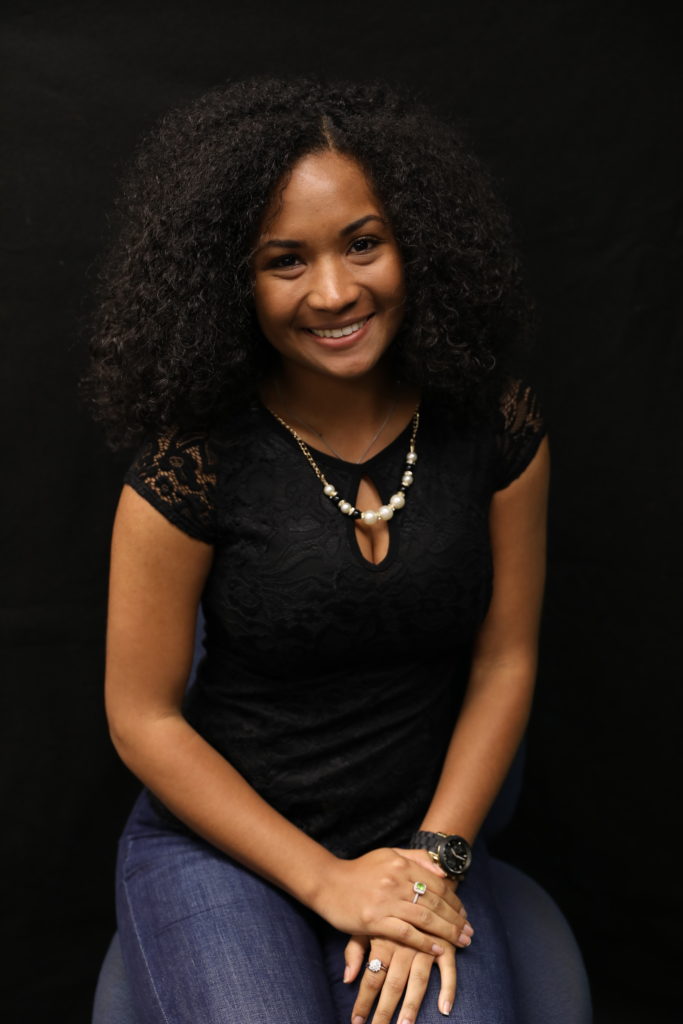I don’t know if I am signing my papers to be excommunicated from the Christian Church or if I am opening the floodgates for the letters of begrudged readers by saying that I, a Christian, admire qualities of Muslim women.
If I am doing either, bring it on. I have unconsciously grown up with the ideology that Muslims are bad and Christians are good. Muslim women are oppressed, and Muslim men are extremists. Muslims are bad and Christians are good. But I am now throwing up all the force-fed media portrayals and one-sided narratives.
Christians and Muslims have been ping-ponged in the conversations trailing President Donald Trump’s immigration ban and refugee ban. Christian refugees would have priority entry over Muslim refugees, as stated by Trump in an interview on Jan. 27. Federal Judge James Robart in the District Court of Washington temporarily halted the ban. We will hear in the coming days if we will ban an entire religion of people from seven different countries.
As a Christian, it is my duty to love — love by understanding and compassion. I want to meet the eyes of Muslim women without pity for their “oppression,” but with respect. We pass judgment and target. Any devout Christian knows that it is difficult to love—to find beauty, truth and goodness.
This Christian has chosen to admire one quality of the Muslim faith.
Hijabs are not just head scarfs or signs of oppression; they are powerful affirmations of the Islamic faith that I admire.
In Luke 7:36-50, a sinful woman sat at the feet of Jesus. Weeping, she bathed His feet with her tears, dried His feet with her hair and poured perfume over them. Sunday school taught me that the hair of a woman, at that time, was their source of pride.
The woman from the passage of Luke is forgiven for her sins by her faith. The sacrifice of her hair is praised because, in the presence of God, she was not thinking of her hair.
The sinful woman’s sacrifice in Luke resembles the daily wearing of the hijab — a sacrifice done in grace and reverence.
In the Quran 24:30-31, women are called to guard their modesty and hide their beauty. It is important for a woman of Islam to be seen first as a Muslim and to not dress like non-believers.
For modesty and obedience, these women sacrifice. They abandon the modern concepts of beauty and a woman’s self-worth. It is a statement of dignity. They bury their sexuality for their inner beauty — for their true feminist qualities. Yes, they are women, but first, they are Muslim.
We are living in a world of liberation and rebellion. We shout, “Free the Nipple!” because if men can walk around bearing all, then women should too. We march together in Washington, D.C., on Women’s Day and hold up signs, reminding our new president that “This p—- grabs back!” But we forget the silent rebellion: modesty and the hijab.
Muslim American citizens are silent and obedient followers of Allah. They worship with vigor and bear the weight of suspicion and stereotypes. Choose to ignore them, but I choose to admire them. From a Christian to a Muslim, God bless.
Kristina Valdez is a freshman journalism major from Irving.






